CBD oil legal in Scandinavia? Status check
Estimated reading time: 12 minutes
In this article, we take a closer look at the legal status of CBD in Scandinavian countries.
For several years cannabis-related products have been controversial and will continue to be controversial. The only difference is that now the governments of many countries have become more cautious about the CBD industry. This can be because of the potential benefits of cannabidiol or CBD.
Scandinavia: a little lesson in geology
Scandinavia is a subregion in Northern Europe, with strong historical, cultural, and linguistic ties between its constituent peoples. In English usage, Scandinavia most commonly refers to Denmark, Norway, and Sweden. It can sometimes also refer more narrowly to the Scandinavian Peninsula (which excludes Denmark but includes part of Finland), or more broadly to include Finland, Iceland, and the Faroe Islands.
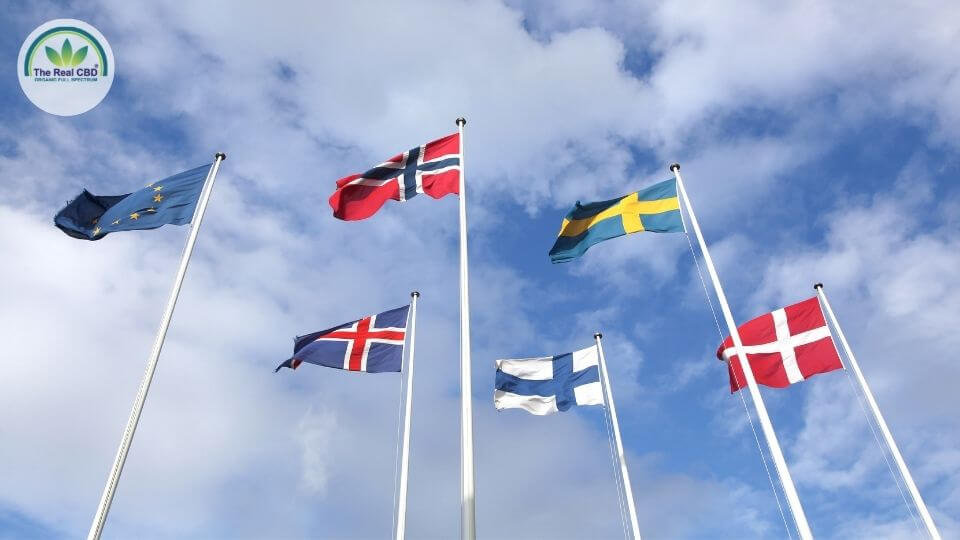
Is CBD Oil legal in Scandinavia?
To answer this question correctly, we take you on a little trip through the previous mentioned Scandinavian countries;
- Denmark
- Norway
- Sweden
- Finland
More from our blog:
Is CBD Oil legal in Denmark?
The rules surrounding cannabis vary from country to country. Denmark also has its own legislation.
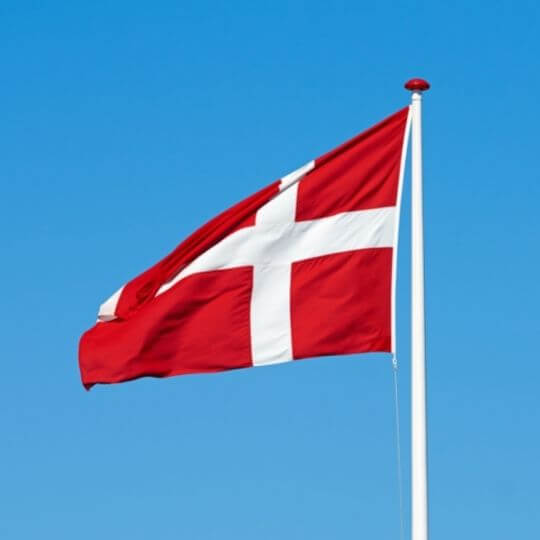
It is good that you have looked up the Danish legislation again because a lot has changed in recent years. A major turnaround took place in July 2018. Until then, all products containing CBD – or cannabidiol – were strictly controlled.
Until July 2018, the Danish government regulated products containing CBD. However, since then, CBD products containing 0.2% or less THC are no longer a controlled drug.
Legal possession and consumption of products containing 0.2% or less THC are legal in Denmark. As long as they comply with the European Food Safety Authority, CBD oil and other CBD products are legal in Denmark.
Health claims in CBD oil related to dietary supplements are also regulated by the European Food Safety Authority. But there is some uncertainty about its legitimacy when it comes to online sales of CBD oil.
These products must either operate under a Medicinal Cannabis Pilot Program; or in such cases comply with Danish Medicines Act rules.
Bottom line
As of July 2018, the Danish government decided to make an exception for CBD products containing 0.2 per cent or even less THC. These were no longer strictly controlled, no, they were legal. And that is still the case today. So this means that these CBD products can be both sold and possessed by users.[1]
CBD oil with less than 0.2% THC is legal if it complies with the rules for medicine, food supplements, and cosmetics in Denmark.
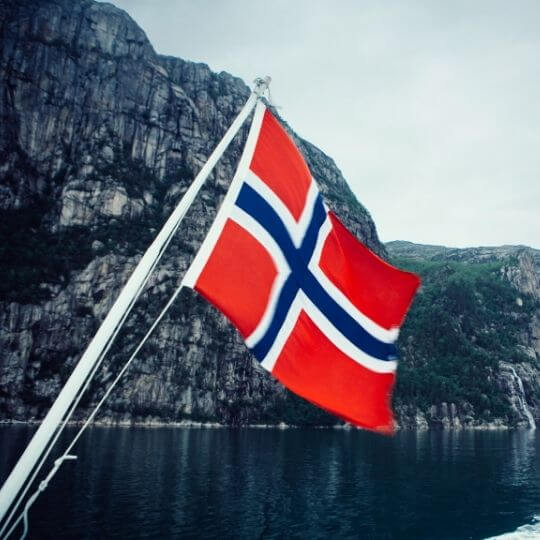
Is CBD Oil legal in Norway?
Norway has traditionally taken a hard line on cannabis and there are prison sentences for its use, sale, and cultivation. In 2016, a medicinal cannabis program was introduced. In 2017, future decriminalization was announced. This could potentially lead to the return of the hemp industry in the future.
In December 2017, the Norwegian parliament decriminalized personal drug use, but drug regulation rules are quite inconsistent.
Norway is not part of the EU and they possess their own very strict rules and laws regarding CBD products This includes a zero-tolerance regarding THC in the products.
So is CBD legal in Norway from 2021?
CBD is legal in Norway, which is not part of the EU. They have their own rules for regulating CBD products. CBD can be used, bought, and sold, but cannot contain THC (the substance that creates the ‘high'). This differs from EU legislation, which states that CBD products may contain up to 0.2% THC.[2]
So make sure you only take pure CBD oil, which therefore does not contain THC. If you want a product with THC you need a doctor's certificate. You can purchase CBD without THC legally online (CBD isolates). CBD in skincare is allowed.
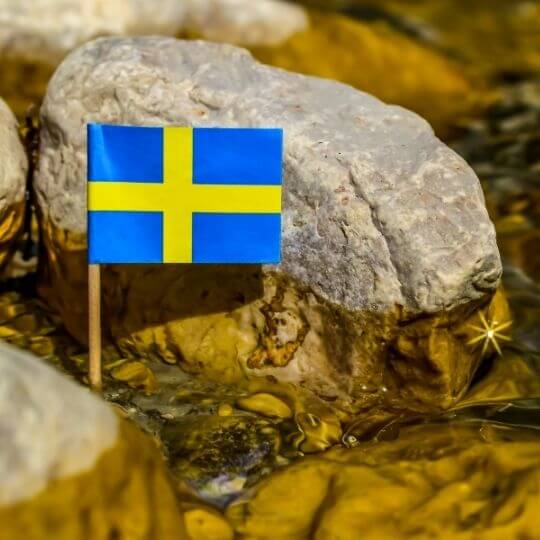
Is CBD Oil legal in Sweden?
Sweden has one of the strictest drug laws in the European Union. Because many companies were making health claims, CBD fell under the Drug Act, which meant some laws had to be addressed.
CBD was in the grey zone in Sweden for a long time. It was considered a drug by the Medical Products Agency.
Regardless of the content of THC, the Supreme Court classifies CBD products as narcotics. CBD's oral intake is considered a drug. It cannot be marketed without a Medical Products Agency license.
If it contains traces of THC, it is also considered an opioid. Simply put, it is illegal to sell supplements or products containing THC.
Any product containing CBD cannot display beauty and health benefits and similar statements in the instructions for use.
In Sweden, the CBD substance is not prohibited, but marketing and sales are prohibited with statements of its benefits. CBD can be legally purchased online if the THC concentration is 0.00%.[3]
The legal status of CBD in Sweden
As in Turkey and Ukraine, CBD is legal in Sweden if the product does not contain THC. So it is allowed to bring CBD with you on your trip to Sweden. Make sure you bring Pure CBD oil (0.00%).
Is CBD Oil legal in Finland?
Finland is a member of the EU and has a strong economy and a high happiness index. Also, they do better than many other EU countries on a variety of indexes. Here we can mention freedom of speech, health care, access to education, ease of doing business, etc. So, knowing about CBD in Finland is important.
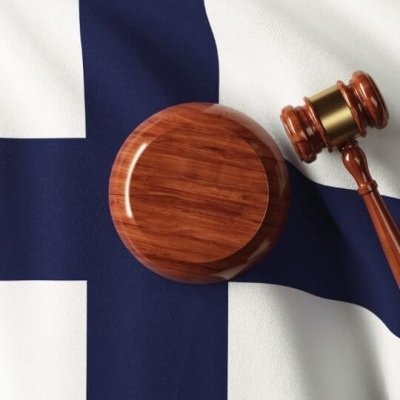
It shouldn't come as a surprise that this large Nordic country of just over 5 million people; always follows and respects EU rules. It means that CBD is legal in Finland, just like it is in the rest of the EU.
Consequently, Is CBD Oil Legal in Finland?
Yes, CBD oil sales and consumption are entirely legal in Finland. The positive aspect of the nation is its proficiency in adhering to and implementing EU legislation. Since the European Commission has a clear road for the approval of CBD products, Finland follows the same course.
CBD oil is easily accessible in Finland and there are no legal limits on its distribution. CBD oil is available in corner stores, pharmacies, and even online. However, it must be devoid of psychoactive chemicals, which means the THC concentration must be below 0.02 per cent.[4]
Industrial hemp in Finland
Despite the cold Northern European climate, hemp has long been cultivated in Finland. In the twentieth century, however, the hemp industry fell into decline. Farmers preferred to choose less labor-intensive crops such as flax and cotton. These growing negative opinions caused hemp cultivation to almost disappear altogether.
Unlike many other countries, Finland never passed a specific law banning hemp production. Therefore, its cultivation never completely disappeared, especially in rural areas. The industry experienced a resurgence in the 1990s. Since then hemp has again played an important role in the Finnish economy.
How to Establish a CBD Enterprise in Finland
In Finland and the EU, CBD business practices have evolved dramatically in recent years. Several years ago, when CBD became legal in most of Europe, CBD could normally be imported into a country like any other food item.
To import or sell CBD in any EU country, including Finland, after March 2021 will require Novel Food clearance from the European Commission. It indicates that certain rules are in place.
More from our blog:
What is a novel food regulation?
Novel foods are any foods that haven't been eaten by people in the EU in vast quantities for at least 15 years. May 1997.
The Novel Food Regulation (EC) No. 258/97 was made to stop genetically modified organisms (GMOs) from being brought into European Union member states without first being tested. It wasn't made to stop people in the EU from eating traditional foods.
The Novel Food Regulation, which went into effect in May 1997, is trying to do two things. First, it wants to make a market that works well and is consistent for all EU member states. Second, the rule is meant to protect people's health and the needs of consumers.
In practice, though, the Novel Food Regulation is meant to protect people from new foods, as the name suggests. It does this by limiting the number of GMOs that can be brought into Europe.
Citizens are protected from things like cigarette butts. These couldn't be sold as food for a short time after they hit the market. The bagel was then sold as a beauty product until it was given official permission to be a new food.
Novel foods must be checked for safety before they can be sold to consumers. The European Food Safety Authority (EFSA) decides if food is safe, and the Commission decides if it can be sold. Authorization is given based on a request. This must include a statement about how safe the product is based on conditions agreed upon by both parties.
Ongoing Novel Food Applications (07/07 2022)
No magic bullet: Efsa's worries about the safety of ingestible CBD won't be solved quickly.
There don't seem to be easy or quick ways to fill in the data gaps that the European Food Safety Authority (Efsa) needs to fill. All in order to decide if CBD is safe to eat as an ingredient.
Efsa recently held an information session for applicants about “The safety of cannabidiol as a novel food: data gaps and uncertainties.” The session mostly went over information that was already in Efsa's statement on the safety of CBD, as well as its list of data and studies that raise concerns.
It became clear quickly that addressing these areas of concern was still in its earliest stages, and that giving Efsa enough would take a lot of time and money.
Efsa seemed to be unsure about many of the details of how to deal with areas of concern. It seemed to be taking a “wait and see” approach that would only help it deal with details when applicants asked questions or made suggestions.
Novel Food licenses for CBD problems are:
Overall, Efsa's concerns seemed to come from a few major issues: the lack of human-specific data in studies already done, the reliance on Epidiolex-based studies that used a much higher dose of CBD than would be found in consumer ingestible products, and studies that did not look at longer-term regular use of CBD as would happen when it is taken as an ingestible/supplement compared to when it is used as a medicine and were designed for a medical setting, so
This meant that there was no NOAEL (no-observed-adverse-effect level), which is the highest dose or level of exposure to a substance or material that doesn't cause any harmful effects that can be seen.
There was also a lack of information in five main areas:
- How CBD affects the way other drugs are metabolized
- Effects on the liver and the digestive system
- Effects on the nervous system and the brain
- Effects on the endocrine and reproductive systems
- Finding out if CBD products have nanoparticles or not.
What must be done?
Efsa said that studies with people will be needed to answer these questions. For some things, studies on animals will be enough, but for many of the more complicated things, full data from studies on humans will be needed.
Even though in-vitro studies are useful for studying metabolism, they won't be used to fill in the main data gaps like NOAEL because they can't replicate the complex interactions that happen inside the body.
Studies will also have to go on for a long time, which Efsa says will depend on each case but will be at least six months.
Also, it's likely that specific studies will need to be paid for to fill in data gaps. For example, there isn't much known about how CBD affects the reproductive system of women, in part because this is harder to study than how it affects the reproductive system of men. But there needs to be some information made about this.
Efsa action
To save money, Efsa encourages people to work together in groups or consortiums to give the requested data. But companies that want to submit new food applications for other cannabinoids won't be able to use data on CBD. Under novel food assessment, each will be looked at on its own (unless, of course, submitted as some form of mixture). CBD that comes from nature and CBD that is made in a lab will also be evaluated separately because they are different and are made in different ways.
Also, the literature reviews that Efsa has done so far only look at data for pure CBD. Other CBD-containing submissions may need their own data in these areas (rather than relying on pure CBD data) and may have other data gaps that need to be filled.
At first, dossiers are looked at in the order they were received. But they are not evaluated in order of when they were submitted. Instead, the amount of data submitted and how much more will need to be asked for will also be used as a triage to decide the order in which they are evaluated.
Thank you for reading – CBD oil legal in Scandinavia? Status check –
- Is CBD legal in Denmark & Where to Buy it – https://www.leafreport.com/education/a-buyers-guide-to-cbd-in-denmark-15617
- Everything to Know about CBD in Scandinavia – Norway – https://www.scandinaviastandard.com/everything-to-know-about-cbd-in-scandinavia/
- Everything to Know about CBD in Scandinavia – Sweden – https://www.scandinaviastandard.com/everything-to-know-about-cbd-in-scandinavia/
- Is CBD Legal in Finland? – https://www.essentiapura.com/is-cbd-legal-in-finland/

I am a certified expert in Medicinal Cannabis. We are all about giving correct and trustworthy information. We know how important it is to learn about CBD and cannabis, which is why we want to be your go-to source for trustworthy information. We help you improve your health by using our knowledge and experience as a starting point.

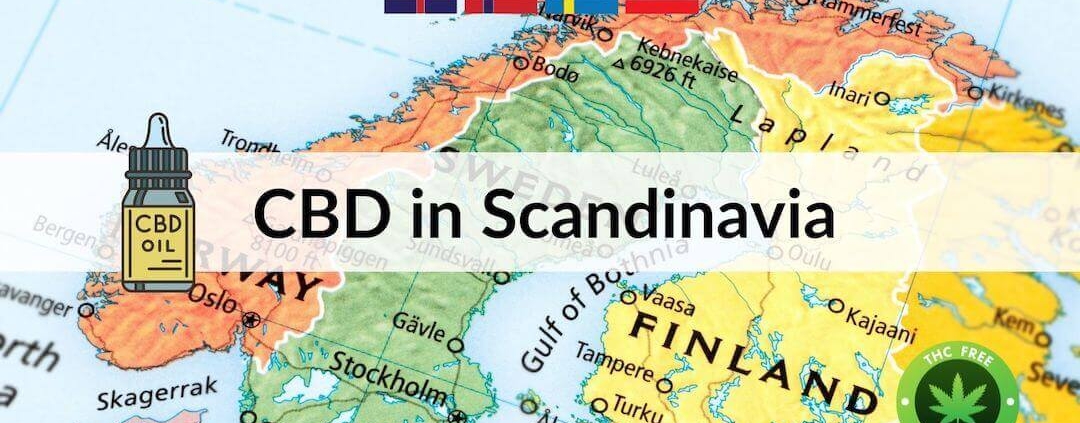


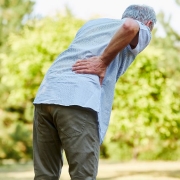


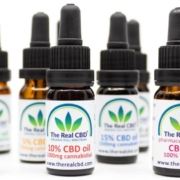






Leave a Reply
Want to join the discussion?Feel free to contribute!